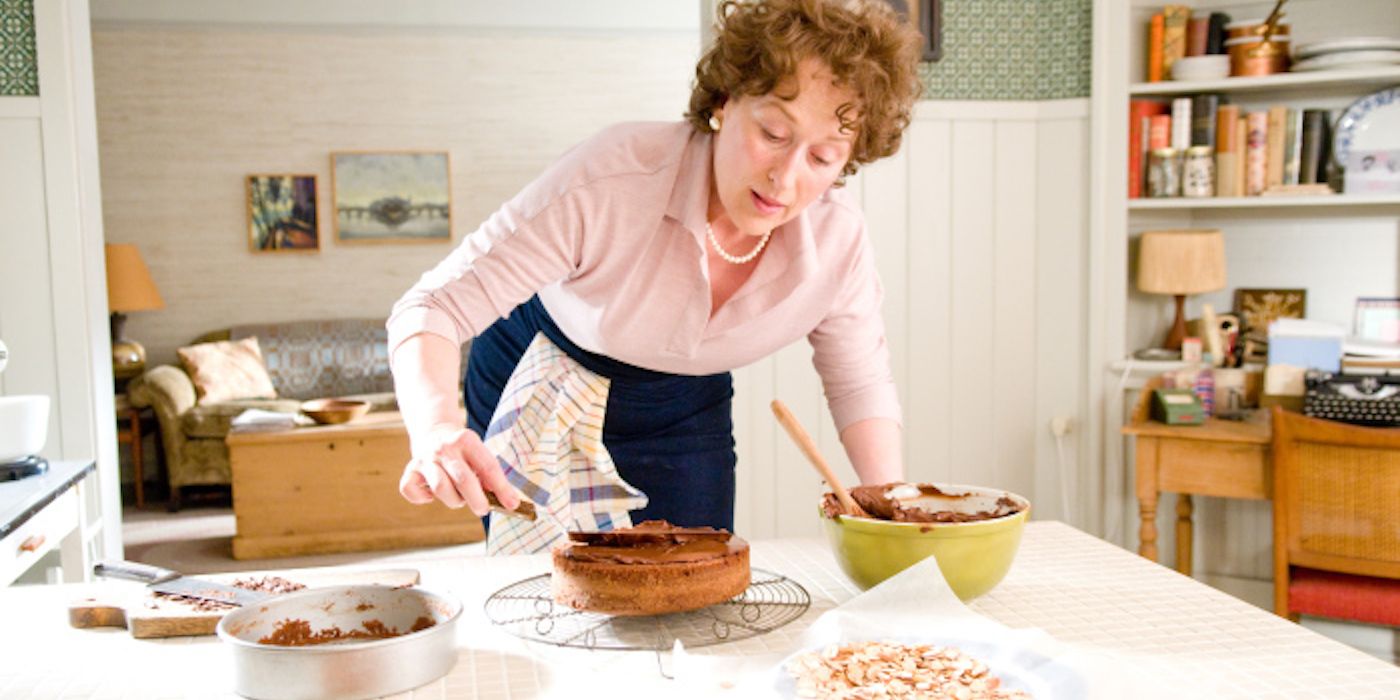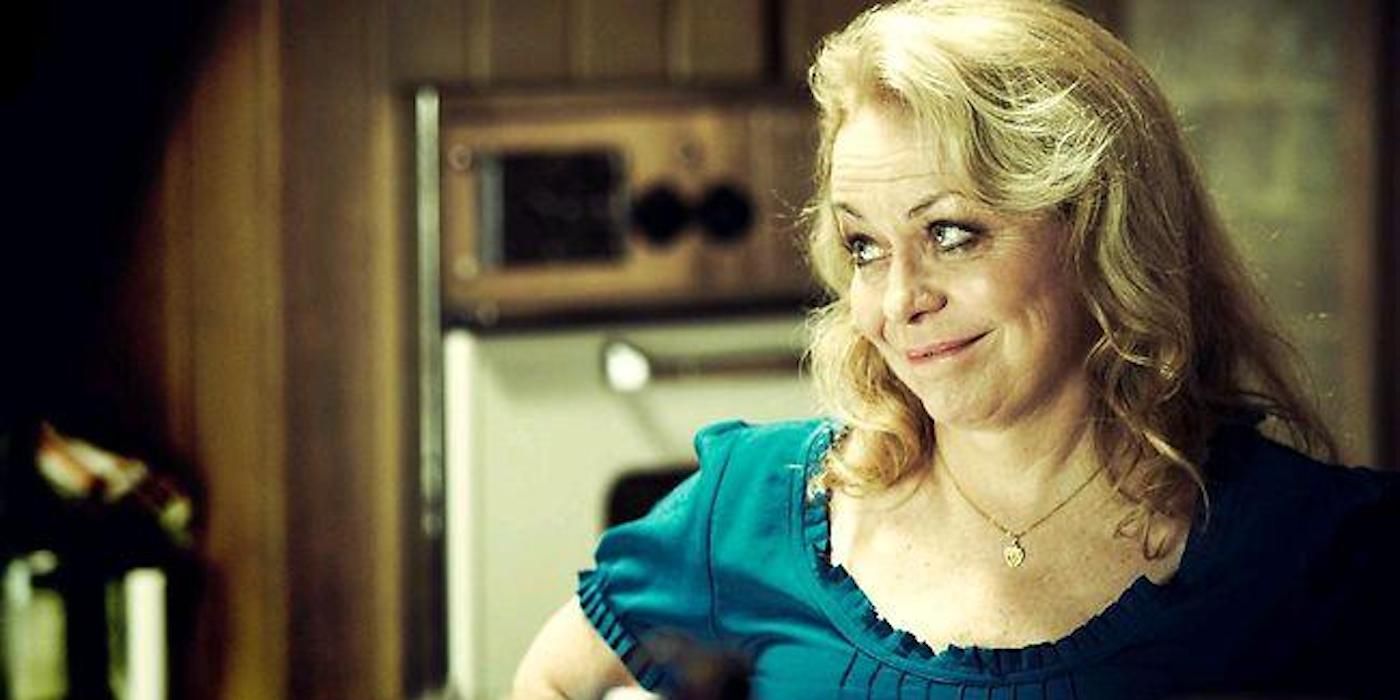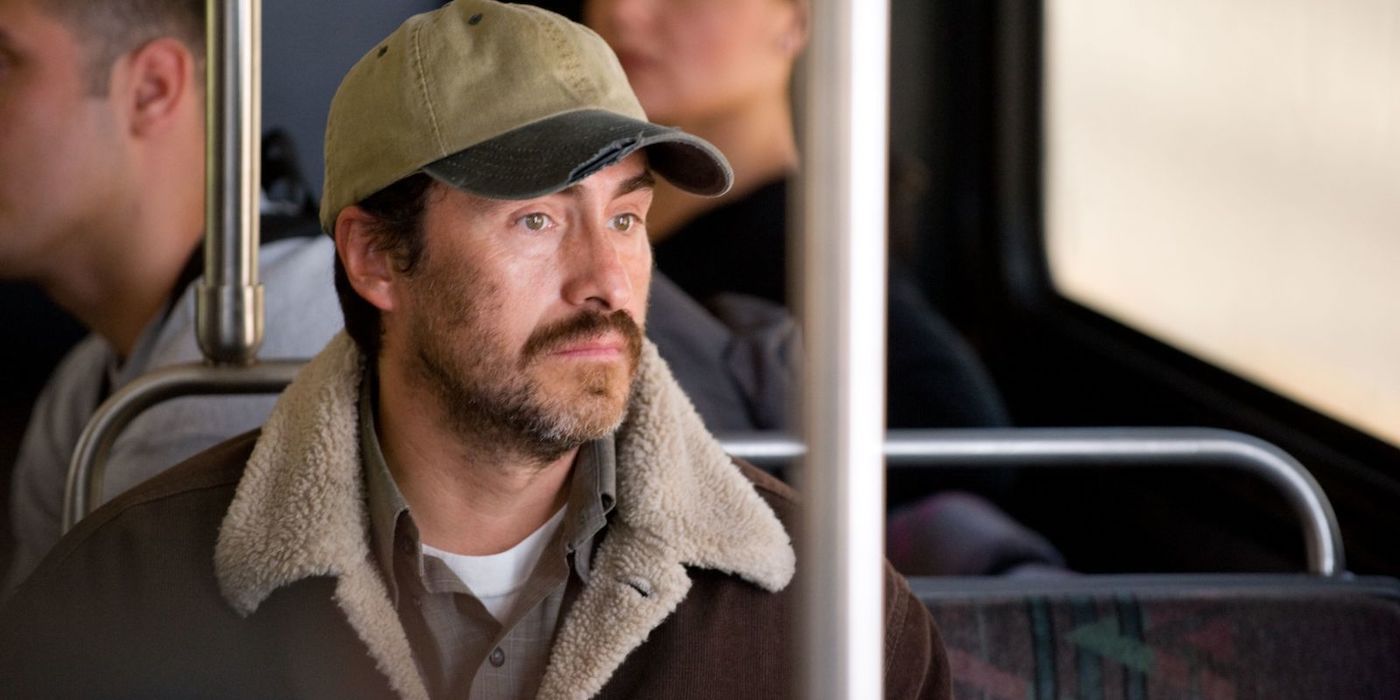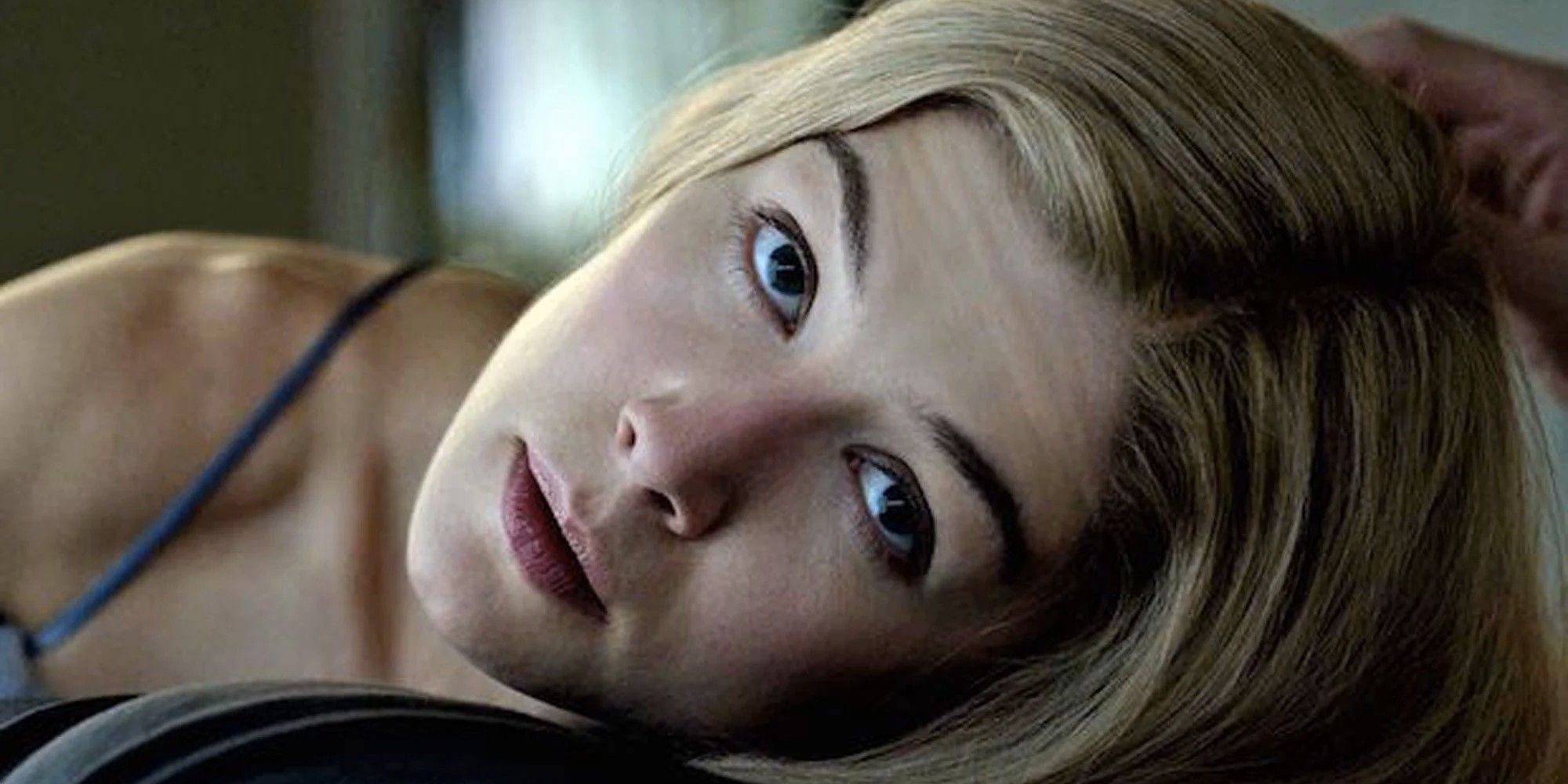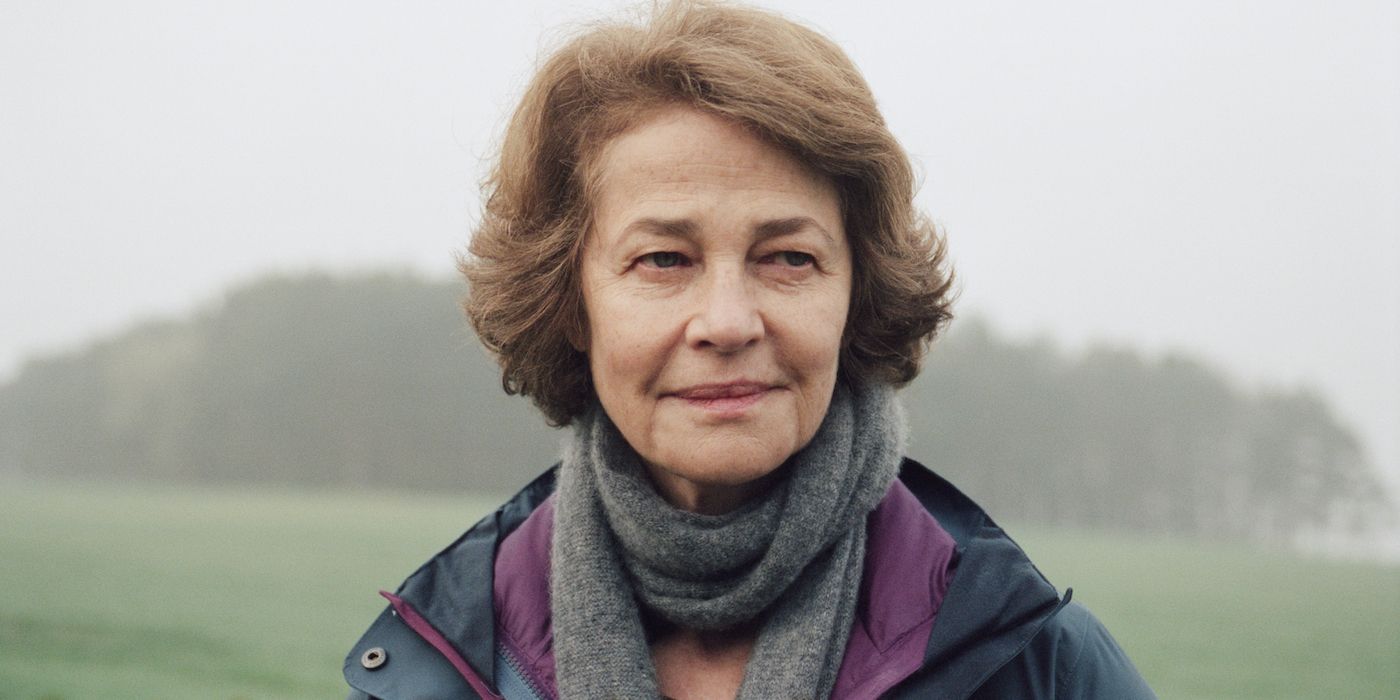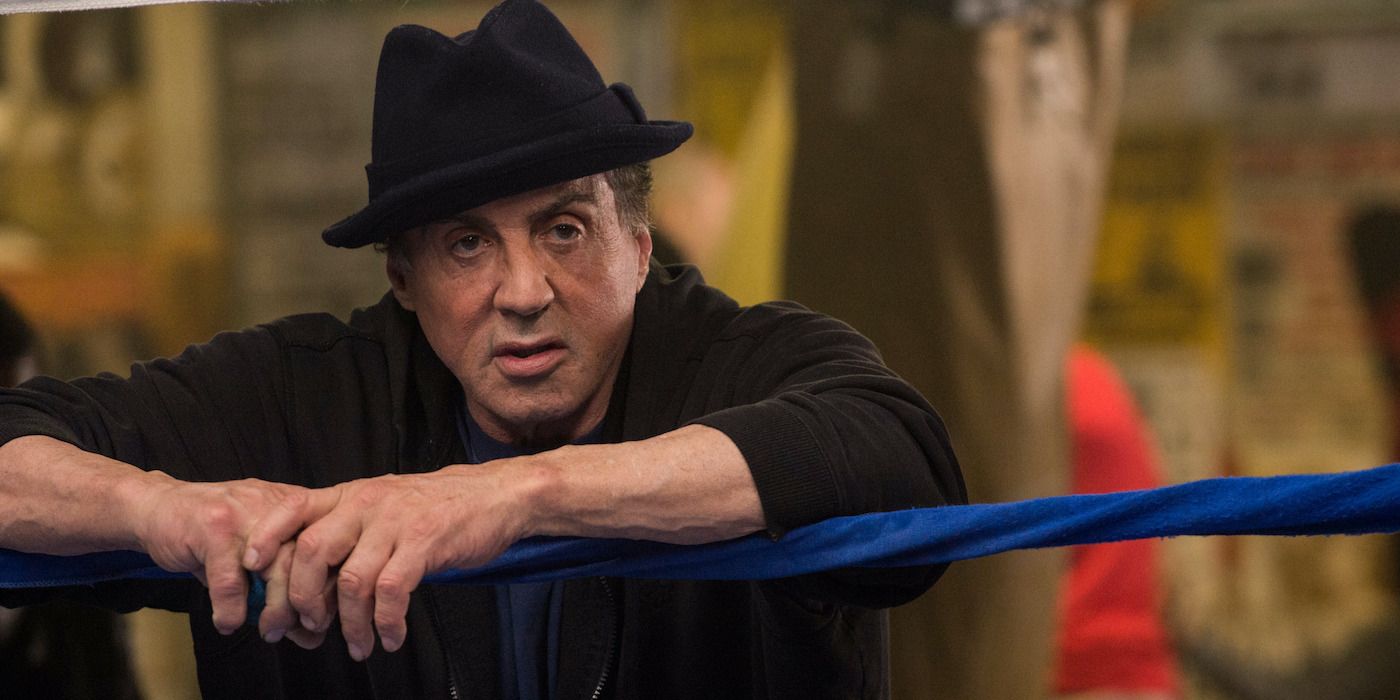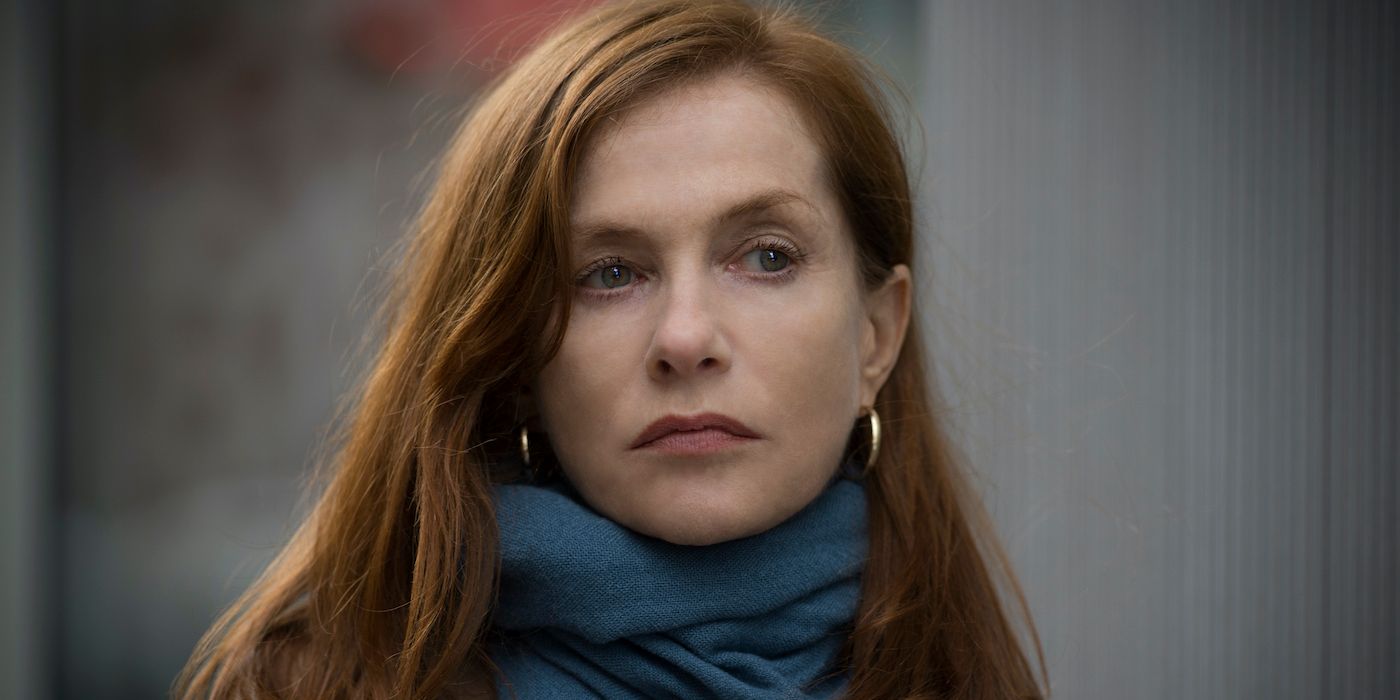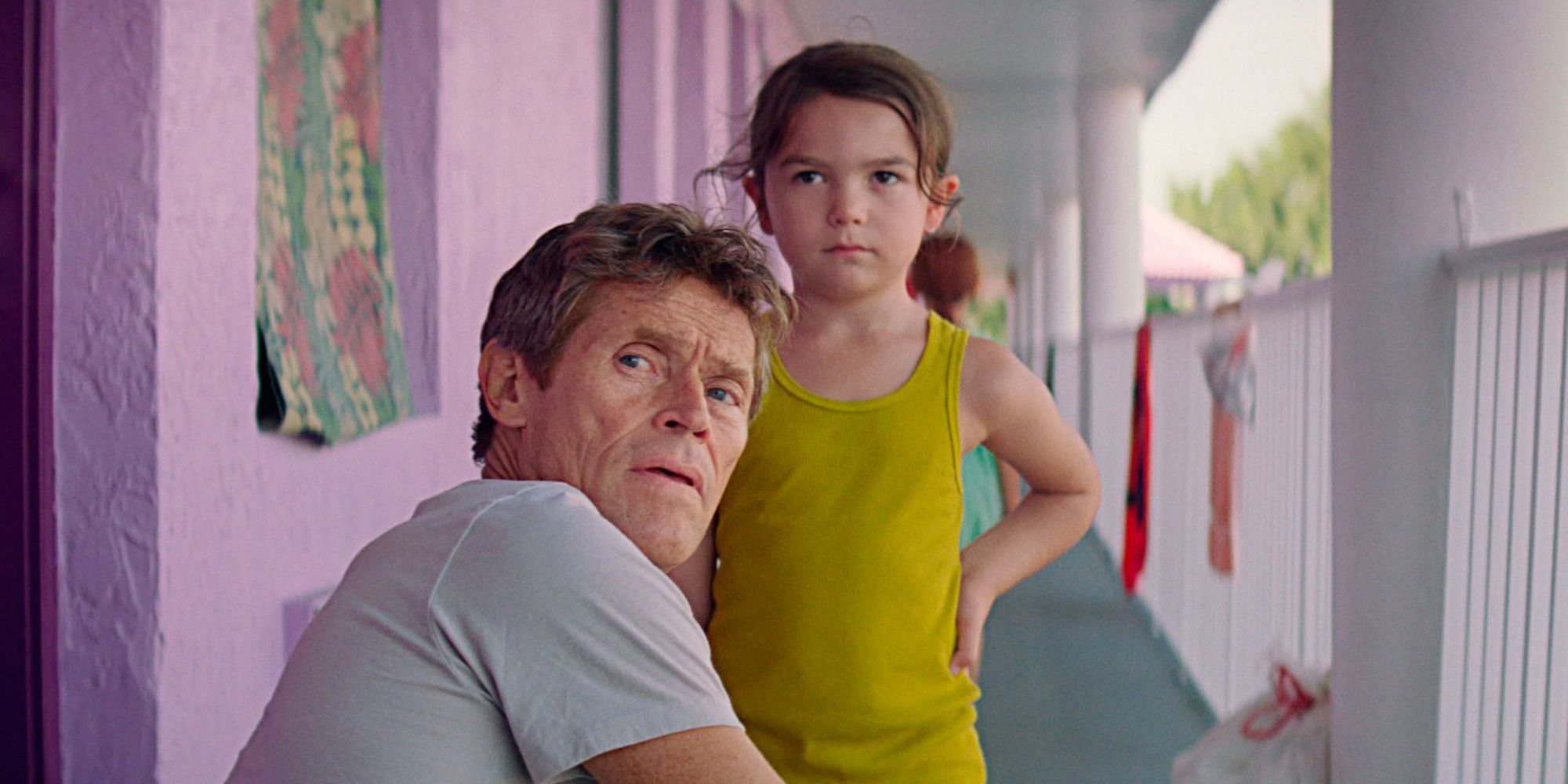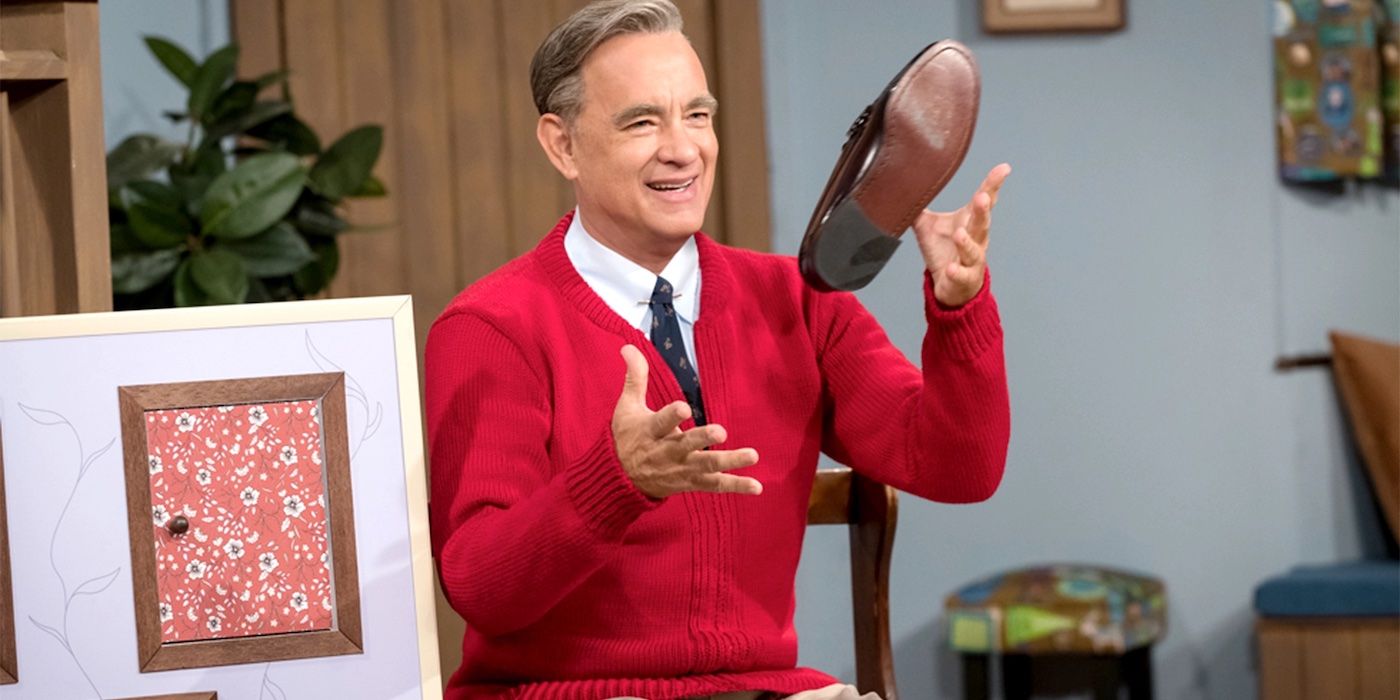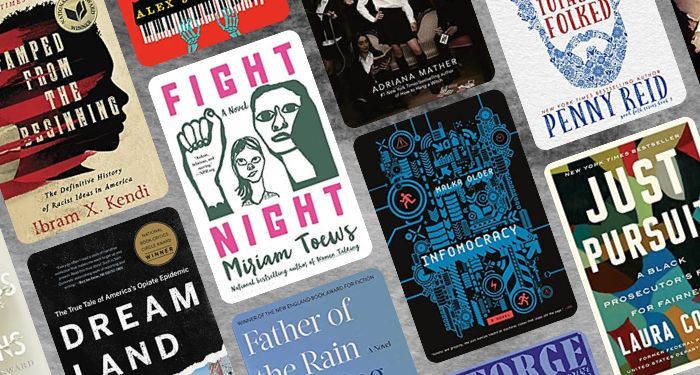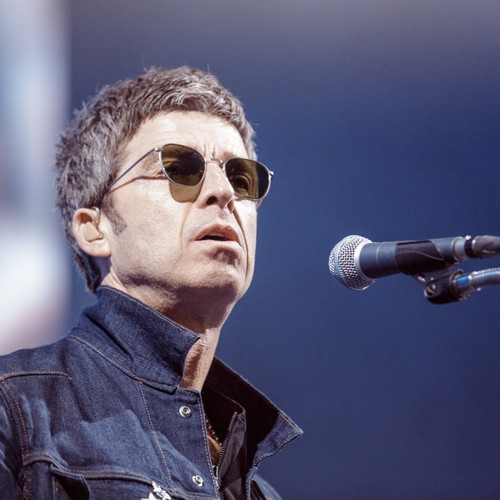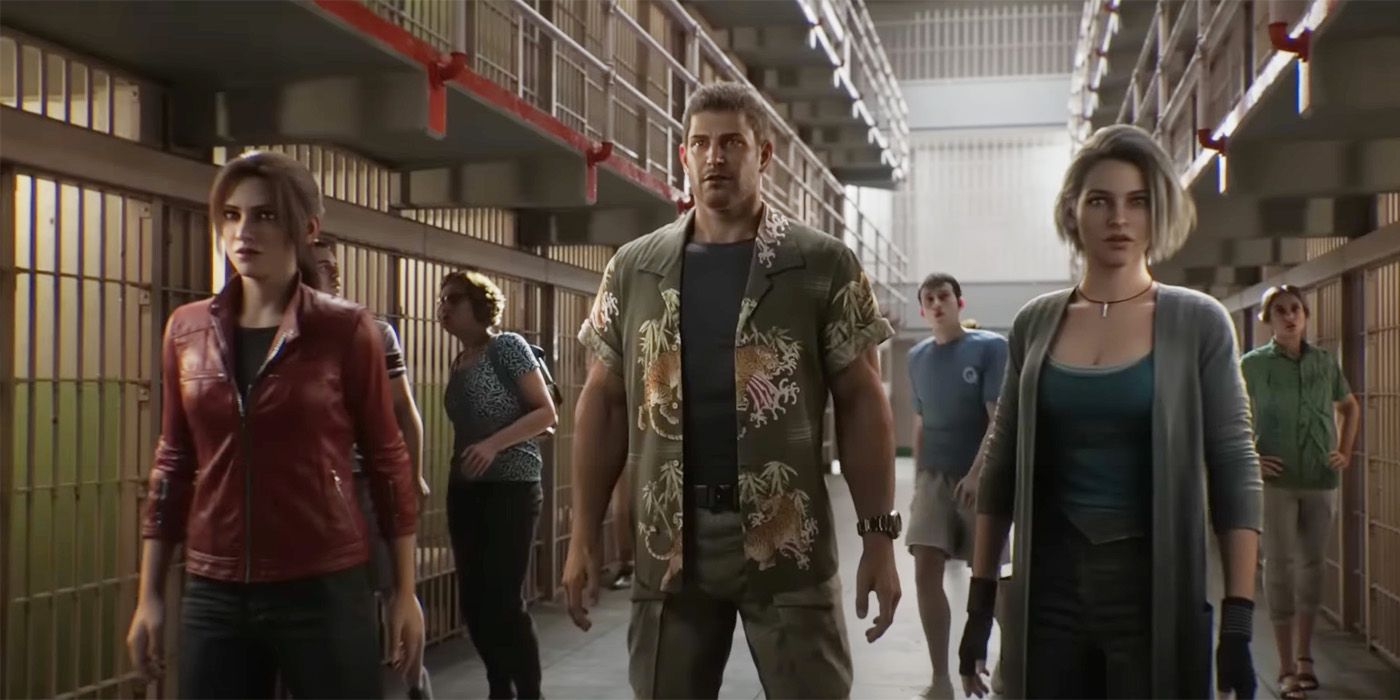It takes a lot of passion for a performance to receive a nomination when the film is snubbed in every other category. Four performances joined that club this year with Paul Mescal (Aftersun), Andrea Riseborough (To Leslie), Ana De Armas (Blonde), and Brian Tyree Henry (Causeway). To celebrate their achievements, let’s look back at the past two decades of other actors who also overcame the odds.
Disclaimer: In order to maintain brevity and focus, a limit was set to films from 2000 on. (Apologies to Michael Douglas in Wall Street and Kathy Bates in Misery.)
Ellen Burstyn in ‘Requiem for a Dream’
The Oscars love to honor a comeback, and while she had been working steadily for decades, this was the first Oscar nomination Ellen Burstyn received since the 1980 film Resurrection. In Requiem for a Dream, Burstyn plays Sara Goldfarb, a lonely Brooklyn widow with the dream of being on her favorite game show. When she gets a call from the casting company for said show inviting her to potentially be a guest, Sara, wanting to look her best in a red dress, ends up taking diet pills that only cause her to succumb to psychosis. Burstyn conveys the tragedy of Sara Goldfarb with such authenticity and pain. In one monologue, she embodies the complex toll of life, getting old, and pursuing dreams. Her performance throughout is a dark and varied descent into madness that drains the audience of sympathy and leaves an empty feeling in the stomach. Sara just wants a reason to get up in the morning and pays a heavy cost for it and Burstyn makes the character all too real.
Forest Whitaker in ‘The Last King of Scotland’
At the 79th Academy Awards, four of the five best actor nominees were the sole nomination received by their films. Peter O’Toole in Venus, Will Smith in The Pursuit of Happiness, and Ryan Gosling in Half Nelson all gave performances strong enough to get the film noticed, but the same can be said of the winner. Forest Whitaker has been working in the entertainment industry both on-screen and behind the camera since the early 80s and despite being a successful and respected actor, his only role to receive major award buzz before his Oscar nomination was playing Charlie Parker in Clint Eastwood‘s Bird, for which Whitaker won Best Actor at the Cannes Film Festival. This all changed with 2006’s The Last King of Scotland, in which Whitaker played Ugandan dictator Idi Amin. Whitaker is able to shift between the charismatic leader that charms the people all the way to an abhorrent tyrant having his friend strung up by hooks and every aspect of Amin in between. When reflecting on the role, Whitaker recalls not viewing Idi Amin as a villain but looking into the layers that made up who Amin was and, in spite of it all, found a way to have sympathy for him. Attempting to understand the complications is what led to the most lauded performance of Whitaker’s career.
Anne Hathaway in ‘Rachel Getting Married’
The former Disney Princess gets a chance to shine in this independent film from Academy Award winner Jonathan Demme (The Silence of the Lambs). Anne Hathaway plays Kym, a recovering addict out of rehab for a weekend furlough to attend her sister’s wedding. Kym is a wild and chaotic force in her family who can not help making the weekend about herself. From a toast that becomes amends to crashing a car, it’s not easy for Rachel nor the rest of the family to handle the pain from the past Kym brings along with her. The performance may have got attention for being a “child star all grown up” type of role, but Hathaway brings so much pain and truth to the screen. As Kym, she is not easy to like, but she’s impossible to look away from. Rachel Getting Married was egregiously snubbed for supporting acting nominations for Rosemarie DeWitt (the titular Rachel!) and Bill Irwin, not to mention Best Original Screenplay.
Meryl Streep in ‘Julie & Julia’
Real-life figures are a challenge the Academy often rewards actors for. Sometimes this is lobbed as a critique at the Oscars’ expense, but in fairness, the challenge can be noteworthy. There is a fine line between impersonation and becoming the character of a real-life figure. Julia Child, with her gargantuan height, boisterous gestures, and highly distinctive voice, almost comes off as a cartoon character. She has been the subject of parody for years, most famously by Dan Aykroyd on Saturday Night Live. This proves not to be an issue for Meryl Streep in Julie & Julia. With the help of a script penned by the incomparable Nora Ephron, Streep is far from a cartoon character like Child. She plays up the humanity of a woman making something of her life in a new setting, the perseverance Child had, and the heart in her loving marriage. Meryl Streep has been nominated for a lot of Oscars, and this one is one of her most deserved. Stanley Tucci gives an Oscar-worthy performance as Paul Child, Julia’s husband, but Tucci was snubbed in favor of his performance in The Lovely Bones, for which he was the film’s only nomination.
Jacki Weaver in ‘Animal Kingdom’
If the performance you give in the movie brings international attention to a small crime thriller from another continent and that carries you all the way to an Oscar nomination, you definitely get to make this list. Jacki Weaver had been a working actress on stage and screen since the 1970s exclusively in Australia. Her one film to make any waves stateside was 1975’s Panic at Hanging Rock, which contributed to launching the career of Peter Weir (The Truman Show, Dead Poets Society.) In Animal Kingdom, Weaver plays the matriarch of an Australian crime family and expertly toes the line between a caring, affectionate mother and grandmother and a devious sociopath, and masterfully playing that contradiction. As she relayed to Collider: “The temptation would have been for me to jump in and make her a villain from the beginning which wouldn’t be half as interesting a story. I think that’s part of the interest that you find out gradually just how bad she is. It’s the banality of evil. She seems ordinary and sweet and just loves her sons and then she starts kissing them on the mouth.” Weaver’s impact was so great, not only did she secure the Oscar nomination, she has worked on more mainstream and American films, including receiving a second Oscar nomination two years later for Silver Linings Playbook. Where so many of these nominations seem to be just way to include a popular and respected actor, Weaver’s solo nomination is one of those great stories honoring a deserved nominee from a small but worthy film.
Demián Bichir in ‘A Better Life’
A great part can do wonders for a movie star, but taking a chance on someone less known can deliver something extraordinary. Demián Bichir had been a star in Mexican films and Telenovelas but was most known to American audiences for his role as Tijuanan mayor/drug cartel kingpin/love interest on the show Weeds. But in 2011, Bichir received the opportunity to lead A Better Life, an independent film about an undocumented immigrant in Los Angeles working as a landscaper and attempting to provide for his son. A heartfelt and timely story, it’s the kind of sympathetic role actors and audiences alike can’t help but be drawn to. Bichir nails the emotional ups and downs with effortless charisma and depth that made him impossible to ignore when discussing that year’s best performances. Without this role and the performance he gave, Bichir may not have gone on to roles in The Hateful Eight, The Nun, and most recently, the television adaptation of Let the Right One In.
Rosamund Pike in ‘Gone Girl’
The cool girl herself. The best-selling book Gone Girl was turned into a box office smash and has a title role that any actress would want. Rosamund Pike won the role over several more high-profile actresses including Charlize Theron, Natalie Portman, Abbie Cornish, Olivia Wilde, Emily Blunt, and at first, the film’s producer Reese Witherspoon. Pike may have been an unusual choice over a group that contained three Oscar winners since she was not known for much beyond her roles in Die Another Day, Pride & Prejudice, and Jack Reacher. What Pike lacked in terms of movie stardom is exactly what makes her perfect for the lead role. As Amy Dunne, Pike has no movie star baggage for the audience to come in with, so her cool and enigmatic composure makes it hard to know where loyalties lie. Throughout the film, she walks a tricky tightrope to earn not necessarily sympathy from the audience, but at the very least understanding. This is the key to making the character work. If the balance had been shifted one way or another, the audience would either root for this character for the wrong reasons or be completely against her. Pike captures the dual-natured complexity author Gillian Flynn was able to craft on the page and makes it look effortless.
Charlotte Rampling in ’45 Years’
45 Years is a quiet and slow-moving slice of life, but Charlotte Rampling elevates the film through the sheer force of her performance. Leading up to the celebration of their 45th wedding anniversary, Kate (Rampling) and Geoff (Tom Courtenay) receive surprising news about a long-deceased former love that shakes the fundamentals of their relationship. An intimate movie, the couple is restrained in their drama, but Rampling is able to say so much with just the expressions on her face. Much of her performance is instinctive, which lends to the film’s natural style. While discussing the heartbreaking final shot, director Andrew Haigh recalls directing Rampling very little:
There wasn’t much that I needed to say to Charlotte, because she knew what she had to do. She knew what it was. We shot the film in order so it was the last thing we shot as well. So, she knew where she was emotionally. I remember her saying, “Look, I might cry. I might not cry. I’m just going to see what happens in the moment. I’m going to try and be truthful to that.” I feel like that’s why it’s so powerful is because she’s there. She’s in that moment.
This was a nomination more than worthy of the European icon’s talent she had been showing for decades. It’s unfortunate that the legacy of this performance has been tainted by Rampling who offered up some truly ugly comments during 45 Years‘ press tour.
Sylvester Stallone in ‘Creed’
On paper, Sylvester Stallone reprising Rocky Balboa in Creed could have gone so wrong. Often, actors reprising the roles of their most famous characters coast on sentimentality and not on whether the performance is that great. Stallone has made decade-spanning franchises with Rocky and Rambo and going in, this did not feel like it would be something special. Creed proves to be different due largely in part to the creative team behind the film. The script, penned by Ryan Coogler and Aaron Covington, puts Rocky Balboa in the supporting role and pushes Stallone to play a more complex character and lean into the drama. This version of Balboa uses the past legacy of the franchise to inform the character, not just relying on it for nostalgia. For that reason, Stallone’s role carries so much weight in the film, and his performance exceeds expectations. In Creed, Stallone taps into aging, grief, and the toll life takes on everyone with a lived-in authenticity that makes every emotional beat hit as hard as, well, a punch in the ring.
Isabelle Huppert in ‘Elle’
Paul Verhoeven (Robocop, Basic Instinct, Starship Troopers) has always made movies to challenge sensibilities, and 2016’s Elle is no different. Elle is a dark character study that touches on infidelity, violence, sexual assault, murder, and the complex nature of attraction all through the perspective of one woman. Many actors were offered but turned down the role including Charlize Theron, Sharon Stone, Marion Cotillard, and Nicole Kidman, but legend of European Cinema Isabelle Huppert saw “a great role” and went on to tell NPR: “She’s really interesting character because she’s always go against predictable definitions of what it means to be a woman, what it means to be a man. Obviously, the movie’s about a woman. But it’s also about men, you know, and the men are sort of fading figures, very weak, quite fragile. So it’s really also about the empowerment of a woman. Huppert takes a very cold and internalized approach to the character and does not revel in vulnerability, despite the situations she goes through. It’s a performance that is as complicated and compelling as the subject matter and the whole film hangs in the balance of it. Huppert is subtle throughout but never not compelling and propels the movie through to the end.
Willem Dafoe in ‘The Florida Project’
There is not a big monologue or sob scene that screams “Oscar!” for Willem Dafoe in The Florida Project. Dafoe’s performance is so endearing because of the little moments of Bobby Hicks on screen. Bobby is mostly seen through the eyes of the child at the center of this film, Mooney (Brooklynn Prince), and the other residents of the impoverished motel outside of Disney World. He is a bit bossy and at the end of his rope, but Dafoe so expertly conveys nothing but compassion for the residents of the motel he manages. He is a guardian angel but without making it explicit or specific, it is clear Bobby has a life of his own adding to the stresses at work. He keenly plays the tension of being this caretaker, but knowing the people that surround him can be gone or out on the streets at any moment. It is a quiet and subtle performance that Dafoe delivers exceptionally.
Tom Hanks in ‘A Beautiful Day in the Neighborhood’
As with the rest of these entries, it is a shame that this film received no other nominations. Marielle Heller‘s inspired film, A Beautiful Day in the Neighborhood, takes the figure of Mr. Rogers and finds a way to recontextualize him for a different audience. Mr. Rogers would be a difficult task for any actor with such a specific voice, both in accent and cadence, and his kindness and childlike curiosity. It’s a natural conclusion to land on casting “the nicest guy in Hollywood” in the role, but Tom Hanks brings nuance to Fred Rogers. Hanks avoids mimicking the voice exactly and instead aims more to capture the spirit and tone of Mr. Rogers. This choice helps to ground this version of the character into a real person, not just the persona people were familiar with on TV. And when Hanks does need to directly imitate Mr. Rogers when performing the show within the film, he nails the exact vulnerability and friendliness that made Fred Rogers such an endearing television personality. The film is a heartwarming tale that is not afraid to pull punches, literally and figuratively, and Hank’s performance is the linchpin that brings it all together.
Honorable Mentions
Renee Zellweger in Bridget Jones’s Diary; Charlize Theron in Monster; Amy Adams in Junebug; Richard Jenkins in The Visitor; Penelope Cruz in Vicky Cristina Barcelona.







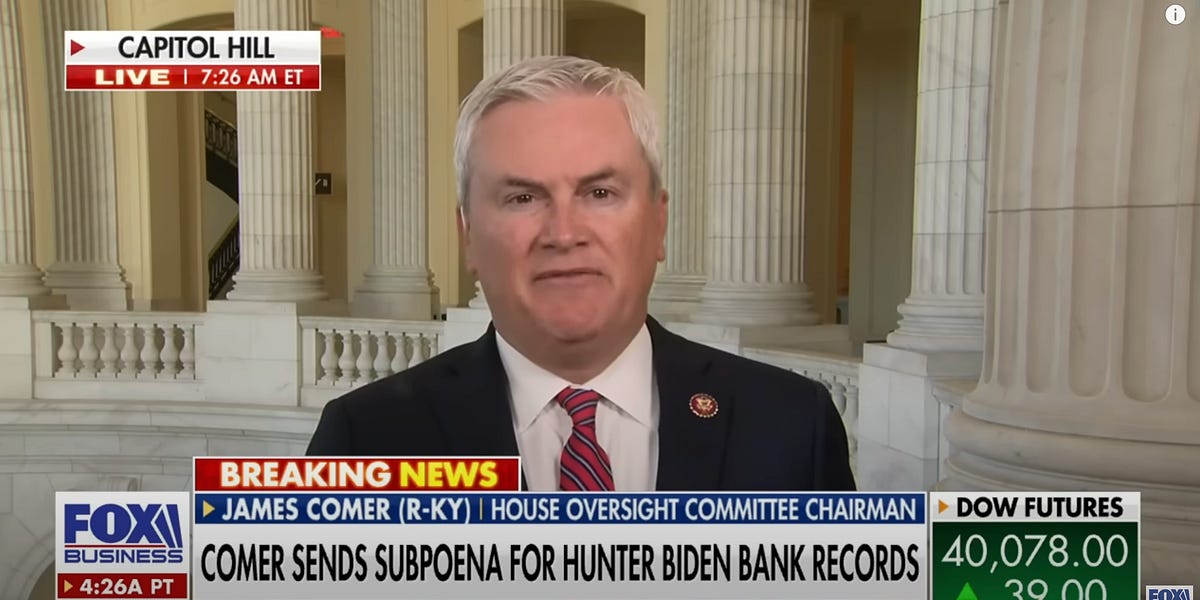








































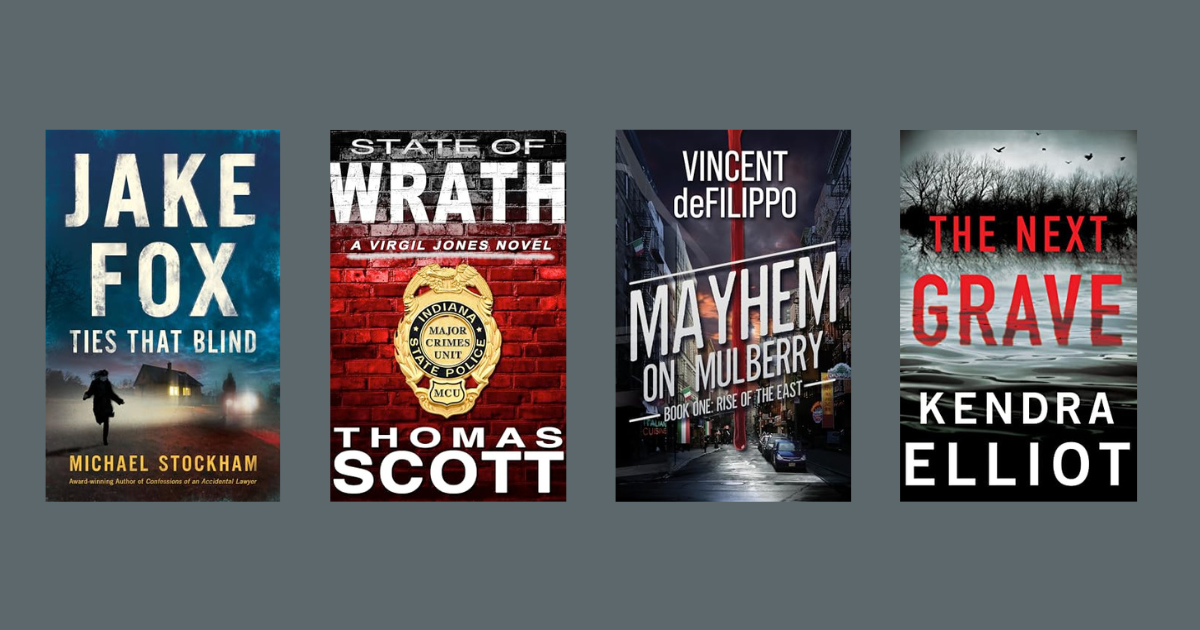











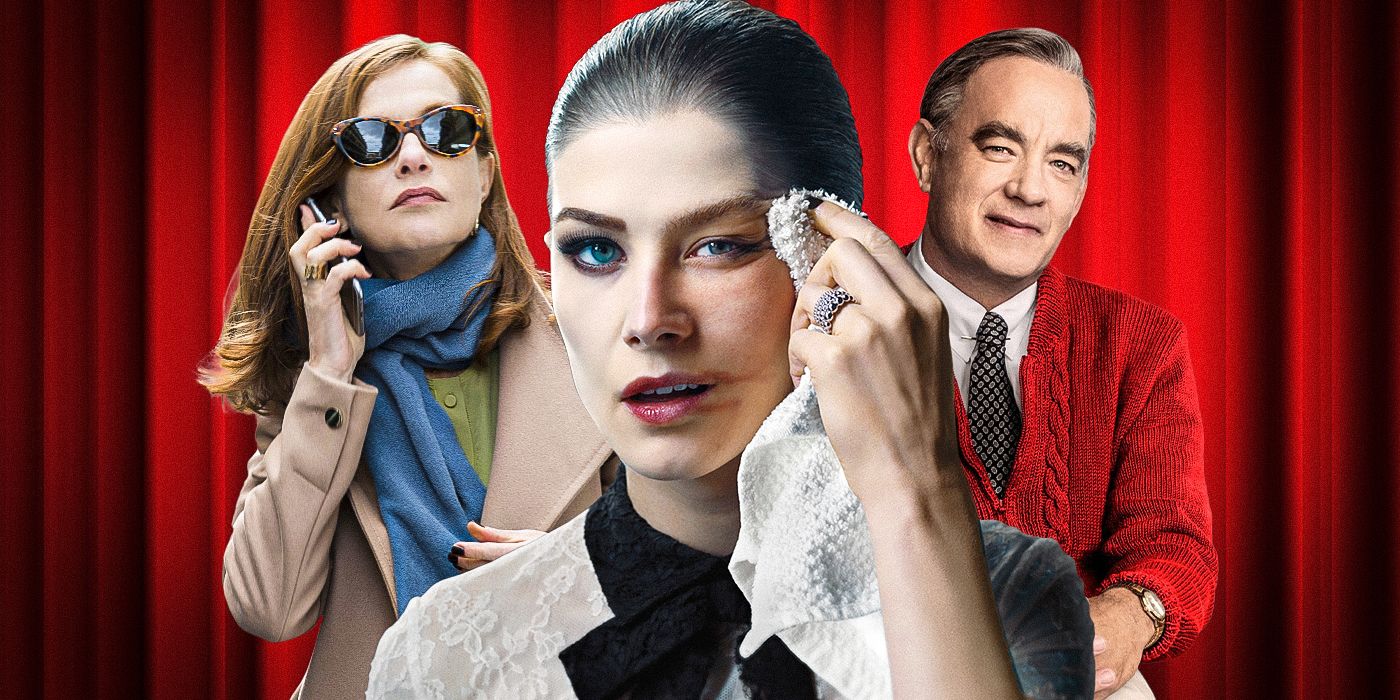
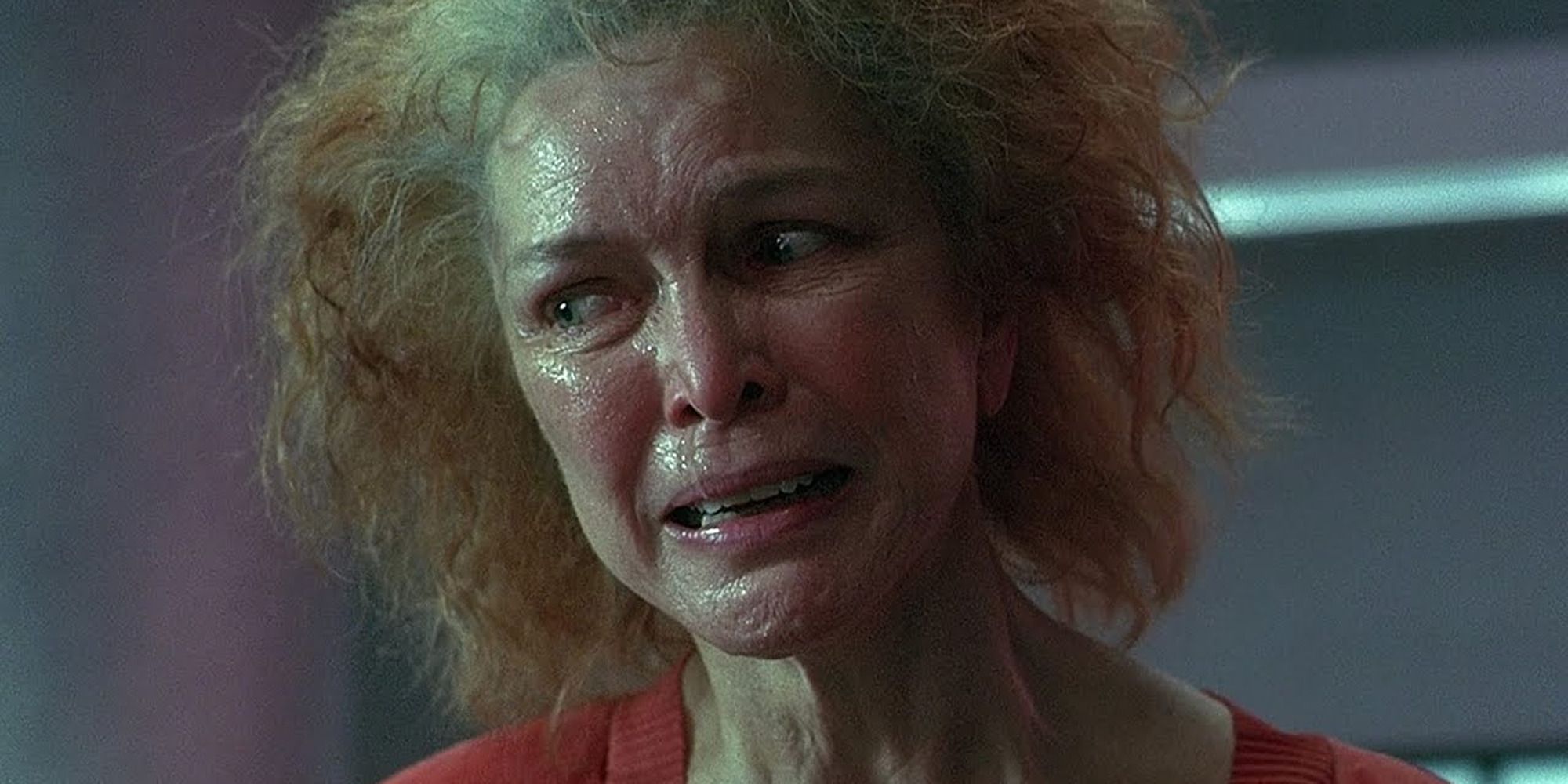
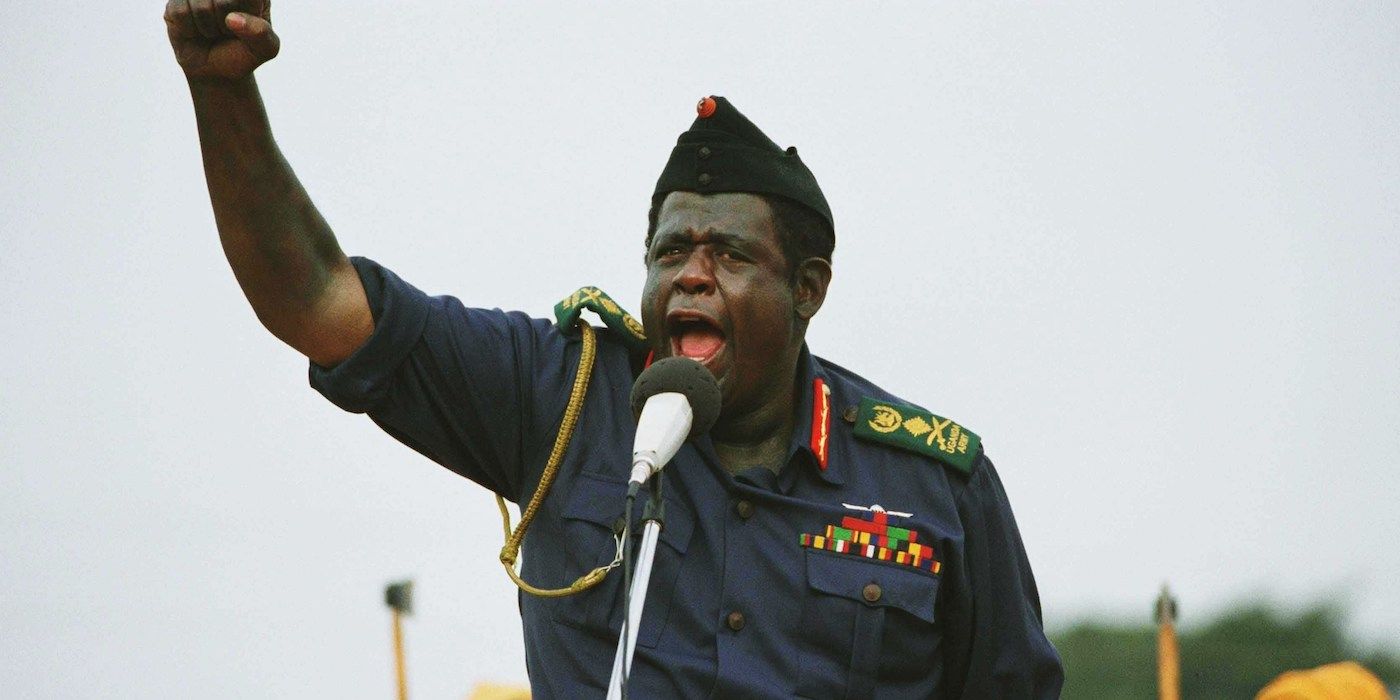
.jpg)
